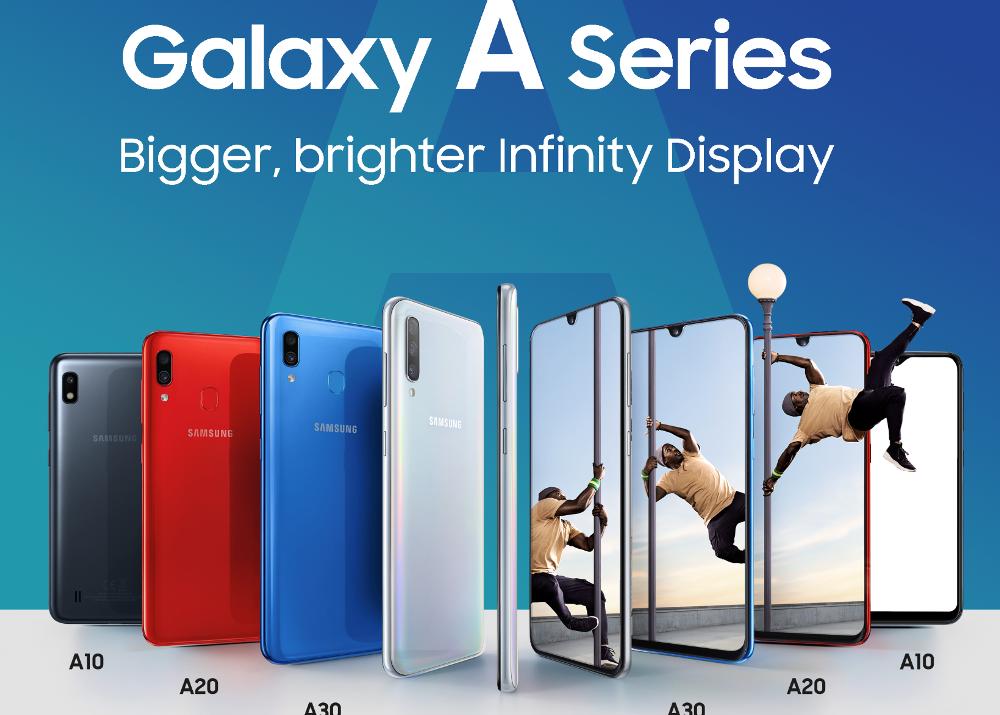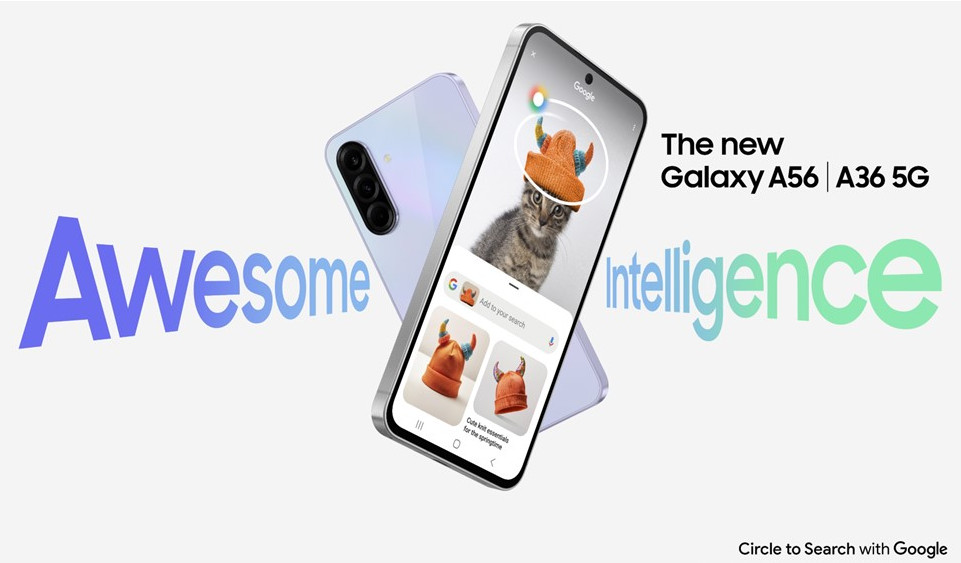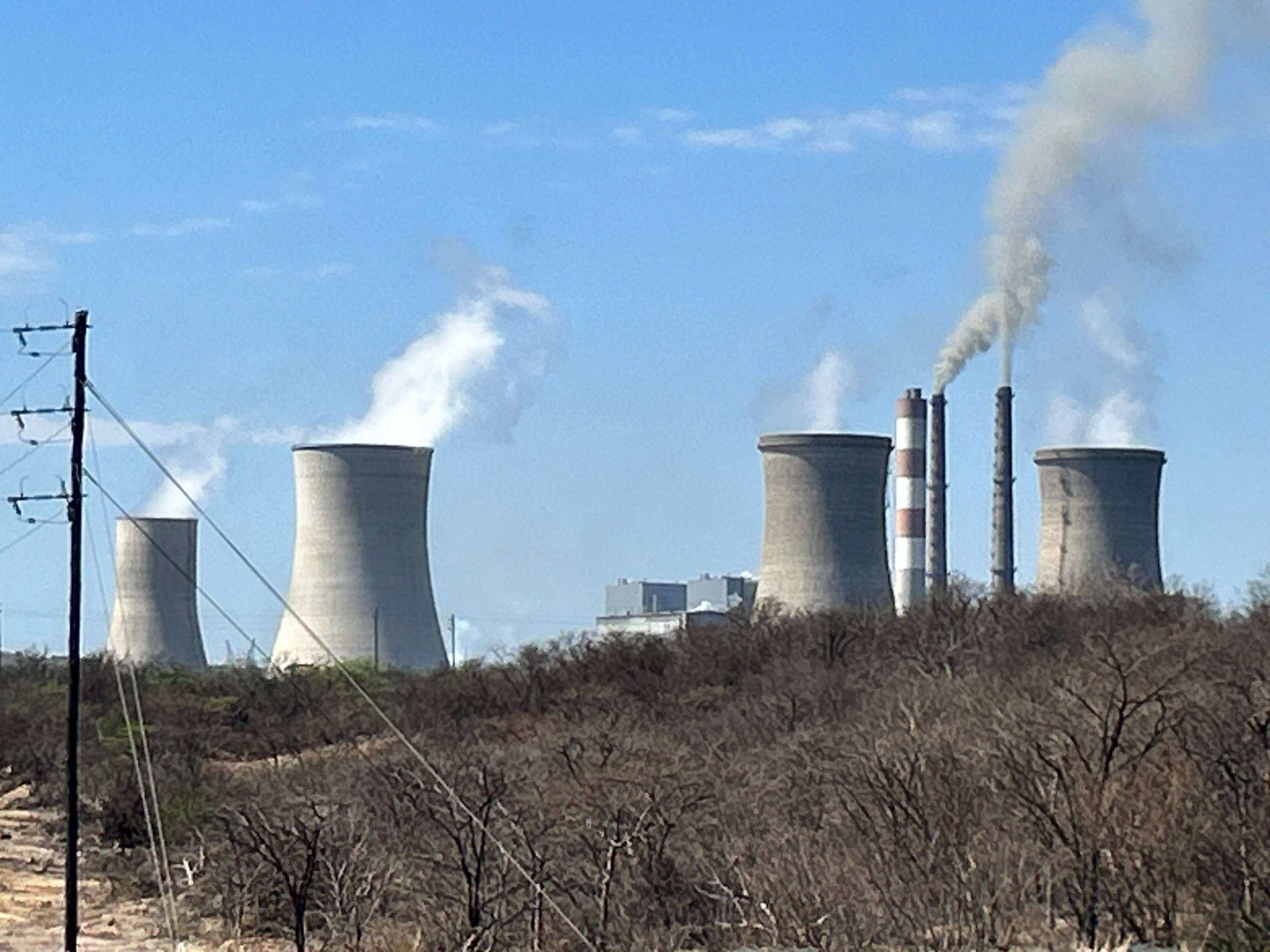 In 2010, Ecoweb (and Econet subsidiary) was first to come out with the message that they had launched a 4G internet service. The company had just launched its mobile WiMax platform April 2010; a first in Zimbabwe. Of course consumers had no idea what this 4G thing was. The real benefit a lot of people saw wasn’t the speed that the new generation was supposed to offer, it was the mobility.
In 2010, Ecoweb (and Econet subsidiary) was first to come out with the message that they had launched a 4G internet service. The company had just launched its mobile WiMax platform April 2010; a first in Zimbabwe. Of course consumers had no idea what this 4G thing was. The real benefit a lot of people saw wasn’t the speed that the new generation was supposed to offer, it was the mobility.
Eventually, more operators emerged with 4G (4th generation) internet ‘service’ offerings. They say ‘network’ instead of ‘service’ and use that to argue that technically the network is 4G. They are very correct, technically. The equipment they have deployed is indeed 4G. But it stops at the technical level of things. For you the consumer 4G is just another new fancy marketing tag and you should treat it as that. Ignore it. Beyond ‘fancy’ it’s nothing much for you.
It surely doesn’t mean anything in terms of speed. There are a dozen more factors that ensure you don’t get the speeds the new 4G service is supposed to offer. Your equipment limitations for example (whether this is a phone, a dongle or other form of customer premise equipment), the network backbone in use by the operator, the number of subscribers sharing the link to the operator at a given time, the weather and the objects between you and the base station just to name a few things.
The operators won’t explain this part of the equation. In the adverts it’s just “We’ve 4G available”, or “We have true 4G”, or “We have 3.9G” or just press releases that so and so company has deployed a 4G network.
The labels are confusing and the consumer, the audience of the advertising, has no idea what guarantees or minimum performance they should expect. Sure, the customer associates the 4G tag with more speed and increased connection stability. Internet providers know this and try to take full advantage. Whether this works or not is of course another discussion. I know for certain it doesn’t work for a lot of people I know and, if anything, triggers their marketing-hogwash defense systems.
We have used about all the 4G services that have been advertised locally. Besides being just another connectivity option on the market there’s nothing screaming 4G about them. We’re yet to experience any mobile wireless connection that will go beyond 1mbps in terms of download performance.
So, What is 4G? What is 3G? The answer is the same we recommend to anyone that spots a new shiny internet service advert; It’s marketing buzzwords, so stop trying to understand what those labels mean. Look beyond the labels and the promises. Consider the actual speed and stability and see if it meets your needs, and the only way to consider these is to test the service before you buy. And if they won’t let you test it first, you probably need to take your business elsewhere.














Comments
36 responses
Poorly researched. If you wanted to make the point, you would have detailed the requirements of 4G (as defined by the ITU i.e. the UN), and specified the limitations either across the local industry / with each ISP’s offering, and also what’s available internationally.
As is, this is nothing more than a cry-baby critique of Providers’ marketing strategies, without actually putting any “tech” into the “TechZim” of it.
Try again.
P.S. This is not because I work for an ISP, which I do, but this is shoddy.
My point exactly, referencing ITU 3G & 4G specs drives the ordinary user down the path that confuses them and one they don’t need to go and would only further the back and forth with techies…
You’re not the target of the article, the consumer. You’re on the side that’s causing the confusion…
Even more ludicrous. So because I work for an ISP I’m on “the side” that’s causing confusion?
So I’m not a consumer of these products? Ludicrous. Another product I’m a consumer of is this one, and I’m taking issue with a half-arsed job you did with this article.You had the chance to raise valid points, comparisons and issues, yet all you’ve said is “If it says 4G, it isn’t 4G”. What’s that?
Like I said earlier, Can Do Better.
edited the swearing out.
No, there was no swearing to edit out, you edited out my critique of your article. Fair enough, not everyone can handle stern criticism. It’s always good to protect yourself. Fair enough.
🙁
Further to JB’s point, Techzim, the article would be more enligtening if you had provided some simple stats for your readers’ education.
The ITU, for instance, states that by definition, 4G must meet the following peak speeds:
– 100 Mbit/s for high mobility communication (such as from trains and cars) and – 1 Gbit/s for low mobility communication (such as pedestrians and stationary users)
I will leave it to the informed to deliberate over which of our local providers currently meets these standards.
Thank you very much for the heads-up, but my question, is there a better way to market these products? to say mobile Wimax may not be as appealing as saying 4G, what i am opposed to then is for the service providers not to explaining thoroughly what they are offering in terms of speed and connection stability relative to the cost of service. Personally i bought the Econet mobile Wimax dongle and once i reached a downspeed of 1,2Mbps but as of now i am averaging speeds of 420kbps and downloading a file of 700Mb in under an hour, i am really enjoying the service. My advice to everyone is to let the marketers do their thing and we have techzim to warn us if we are in the Dark.
In South Africa they actually banned the use of the term 4G in adverts for service providers who are not truly offering it. We should do the same although I suspect we might also need to initially ban some uses of the term 3G first…lol.
Seems to be a common marketing practice:http://phonerpt.com/cell-c-attempts-to-fool-south-africans-with-fake-4g-network/
>>http://en.wikipedia.org/wiki/4G
>>from wikipedia, 4G is not all about speed, but certainly, 4G should be faster than the previous generations.
+1
Actual information. How refreshing.
Okaaay! Guys i am using a brodacom service they promised me 4G but the best speed i’ve had is 200kbps and that was around 12 at night but i bought a 1mb package. I believe these providers should not mislead the public claiming things they do not possess.
there is a huge difference between
Thanks Kp for the heads up
I dont think Maston is downloading at 125KB/s! They would be the first broadband customer in Zim!
My download speeds are anywhere between 200 and 280KB/s…
A lot of internet users buy the very cheapest internet package and expect to get the same speeds as the guy that buys the most expensive 😛
you get what you pay for…
I take this article as both an opinion and suggestion from a layman to a laymen and I think its great and is straight to the point. We can reserve another article to define, UHF, VSAT, WIMAX, ADSL, LTE, CDMA2000, EVDO, WIFI, FIBRE, EDGE, HSPA, HSPA+, HSDPA, WCDMA ITU… blah blah blah. Which one works for me? thats what everyone is asking and if I cant trust the ads, where does it leave me. No 4G lies please.
i think this is a good idea, there are alot of acronyms being thrown out by IT companies to end users.. alot who may be non IT people and who really have no clue about what they mean/do. it would make for good reference as well…especially for future discussion about new technologies being offered in Zim.
Unfortunately this idea of not specifying (technically) your offering as an ISP and deciding to use prevailing marketing buzzwords such as Broadband, 3G, 4G – is what has brought us to this confused state of affairs in the first place.
The first providers to use these terms were probably sincere in their intention to simplify things for customers. But as time moved on some unethical and unscrupulous marketers saw a chance to abuse these terms for their own end which was to bombard confuse the customer and render them unable to distinguish between fact and hype and just end up picking the one shouting the loudest.
@71f2ae3452547e2c4fcc684c5c6b4280:disqus just wonder how you felt after reading the rest of the comments.
How I feel? About what? Do you actually have a contribution, or a genuine question? Tsk, obviously not. Be specific, unless this was a feeble attempt at calling me out. Cute
After reading your response and then the other responses, yours stood out. There was value in reading the rest. I would have expected constructive criticism here since no particular ISP was targeted. It’s not like the article was trying to propel one over another ISP but just said that there is no 4G in Zim. Your response was more of reactive. Instead of your kind of attacks, it would have been of more value to bring forward your points proving the contrary.
Read mine again. If you didn’t find value, your loss. I’m not trying to give you value. My point is to give my opinion on both the matter at hand and how it’s presented in the article.
Obviously you can’t differentiate between an attack and criticism. I’ll leave you to your ignorance. Over and out.
Dread, I admire your arrogance.
I beg to differ. I have 4G Mobile WiMax from Econet. I will be more than happy to prove that I can reach speeds of 1Mbps at any time of the day. I wont even get into my off peak speeds. for those that require a demonstration on speedtest.net tell me a time and i will post a link
http://www.speedtest.net is not very accurate for testing international bandwidth speeds, if you choose the Harare server hosted by ZOL, and you are with an ISP who peers with ZOL at ZINX (which Econet do)… you will get extremely high speeds because of the local bandwidth and connection it will use….for a more accurate and realistic test, choose a server hosted in SA or the UK..
I’d like to see speeds from London, up and down actually. Sounds faaaaast
i actually get faster pings and up/down speeds to London, than i do with Rosebank in Joburg… lol! 🙂
I hear what you are trying to say in the article, but I feel (because of the picture and how the heading etc look on the home page) people will associate this problem with YoAfrica over other providers who have done the same misleading advertising. A bit unfair.
To me 4g just means fast wireless (fast being 2mbps+ local) which is what I am getting on Wimax from ZOL.
Fully agree with the sentiment that customers need to do their research as to what package they are truly going to get. How about TechZim does a spread on how well each package runs, I am sure we could whip up a small test app and round up some volunteers to run it for a month on their links and collect data.
I agree. For comparison sake and also because they were mentioned so prominently at the top of the banner of the advert. Yo! Africa seems the most cost effective option ? Would everyone agree ?
Medium International Speed:Off-peak : up to 1024 KBitPeak: up to 512 KBit Usage: uncapped 24/7 Monthly Cost (USD): 80 Once-off cost for WiMAX Indoor unit (USD): 250
absolutely agree with you there…it doesnt mean that because Brodacoms 4G was a joke, that every other service provider who advertises 4G has the same fault….innocent until proven guilty TZ… not the other way round!
I personally use YoAfrica mobile WiMax (the Aptics one)
@JOE BLACK (FIRST COMMENT) HAS A POINT.I THINK TECHZIM IS QUICKLY LOSING ITS GLITTER. PEOPLE WHO COME HERE TO READ ABOUT TECHNOLOGY ARE HIGHLY EDUCATED PEOPLE, OR PEOPLE WITH SOME DEGREE OF SOPHISTICATION, AND THIS INCLUDES IN THE TYPE OF INFORMATION THAT THEY CONSUME, AND WANT TO CONSUME. PERSONALLY I WAS JUST AS DISAPPOINTED AS JOE BLACK BECAUSE I EXPECT FACTS ON WHAT 4G REALLY IS TO BE IN THE ARTICLE JUST LIKE THE BRODACOM ARTICLE TECHZIM DID THAT TESTED SPEED. AS IT IS THERE IS NOTHING IN THE ARTICLE. I N SHORT, THE ENTIRE ARTICLE COULD HAVE BEEN SUMMARIZED IN JUST 1 LINE “THERE IS NO 4G IN ZIMBABWE, DON’T BELIEVE THE ADS.” AT FIRST TECHZIM WAS FINE, BUT LATELTY…. I WOULD ADVISE BROWSING THROUGH MASHABLE AND TECHCRUNCH TO SEE THEIR STYLE OF JOURNALISM THAT MAKES THEM SO SUCCESSFUL.
let us not get ahead of ourselves here first the service providers are to blame for false advertising fighting amongst our educated selves will not stop these companies from selling substandard services so please lets get together to fight false advertising
thank you.